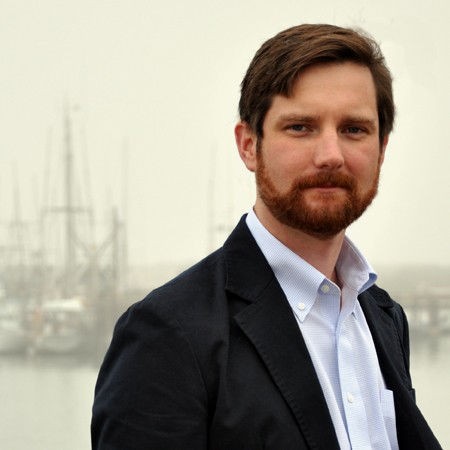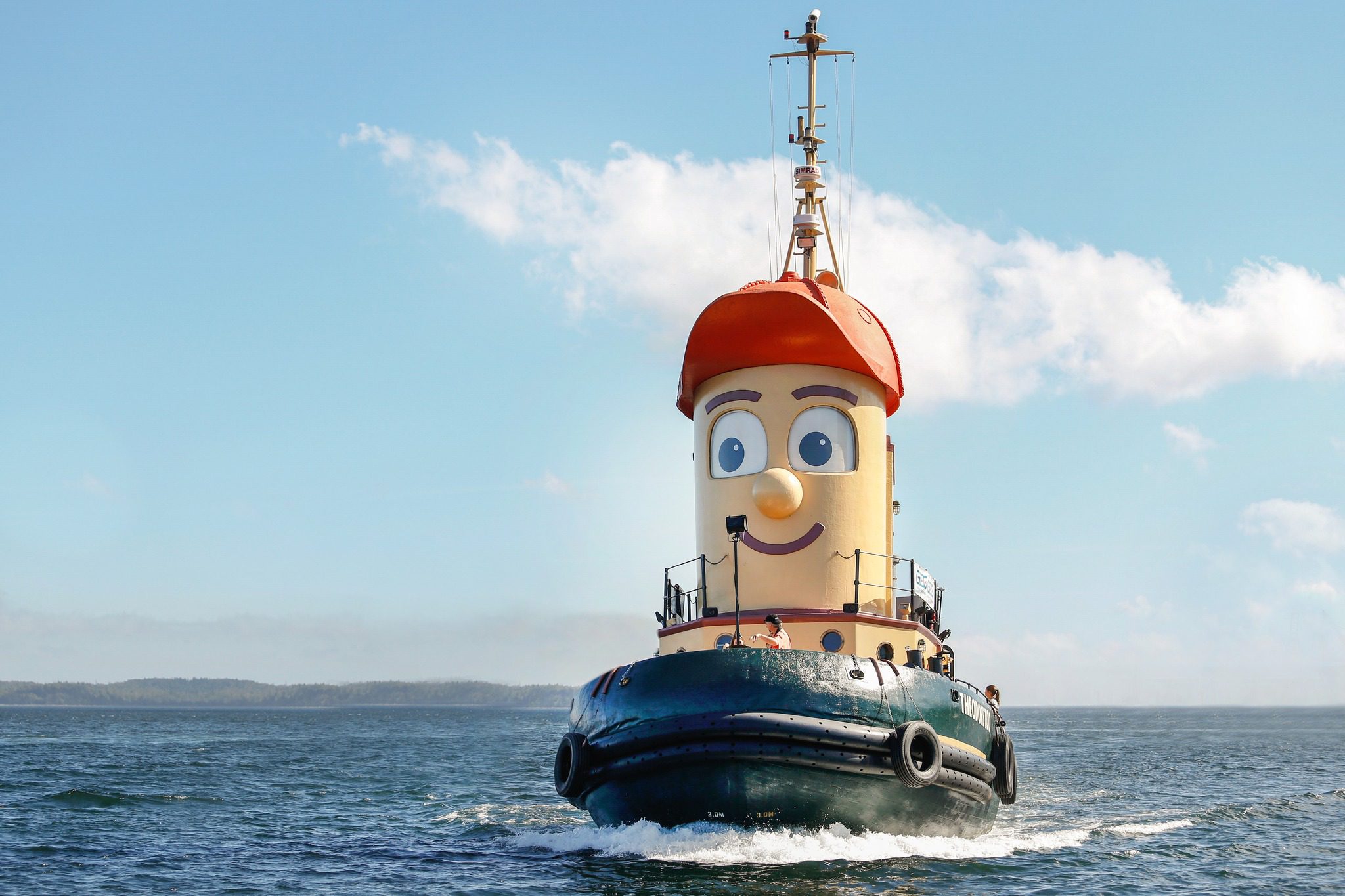John Konrad, gCaptain Cofounder
What do the Plimsoll Line, iPhone and Nathaniel Bowditch have in common?
In the opening presentation of the Connecticut Maritime Association’s Shipping 2013 conference Monday, Gerardo A. Borromeao, President of V. Ships, the largest ship management company, called on industry leaders to propose ideas to improve the future of seafarers.
Representing the more than 20,000 members of the gCaptain forum, Captain John Konrad stated “the number one challenge facing mariners is complexity.”
As a vivid example, Konrad told of one simple industry solution that led to dramatic improvements in the safe navigation of ships. “The Plimsoll mark has saved countless ships because it is simple, but unfortunately today’s stability calculations are complicated by cargo loading computers with countless menus and options.”
Konrad asked the panel of speakers, which included the leaders of BIMCO, IACS, Intertanko, Intercargo, Intermanager, and others, if GMDSS consoles could instead be as easy to use as an iPhone.
Konrad also asked if regulations could be written more simply. “Celestial Navigation was once a subject more complicated and difficult to understand than even today’s most complicated regulations. That changed in 1802 when Nathaniel Bowditch, a Master Mariner, published the American Practical Navigator, a guide to celestial navigation that could be understood by every member of the ship’s crew, including- as Bowditch famously noted- the ship’s cook.”
Can the cook of a modern tanker read and understand an ECIDS operation manual? Can he read and understand the latest MARPOL regulations? Can he send a mayday on the ship’s GMDSS or steer a straight line on a DP ship?
Speaking to this, Konrad compared the need to reduce complexity in the maritime industry with a prominent example of a sophisticated yet simple modern technology- the iphone. He stated “At the start of the design process, Steve Jobs didn’t know how to create an iphone interface, nor did his engineers. What he had was trust and high standards. Well before the world had heard of the word iPhone, Steve Jobs would bring each new version of the iPhone software home. If his kids had trouble learning a new feature, he sent the designers back to the drawing board.”
Konrad called on classification societies to fold seafarers into the class approval process by inviting mariners to test new products. If they can’t figure out how to use the most important features intuitively, then the classification societies- like Steve Jobs- should withhold their stamp of approval.”
No regulation, critical equipement system or new regulation should be approved unless all new equipment can be operated by any crewmember- to include the ship’s cook.
“By class societies withholding approvals and ship owners withholding purchase orders until each item is tested and approved for simplicity by average seafarers, the overall quality and usability of new products will be dramatically improved. I am confident that if seafarers are consulted prior to approval, we will reduce the burden of training, we will reduce the number of incidents globally and we will make mariners more confident and capable navigators,” noted Konrad.
Tags:

 Join The Club
Join The Club











